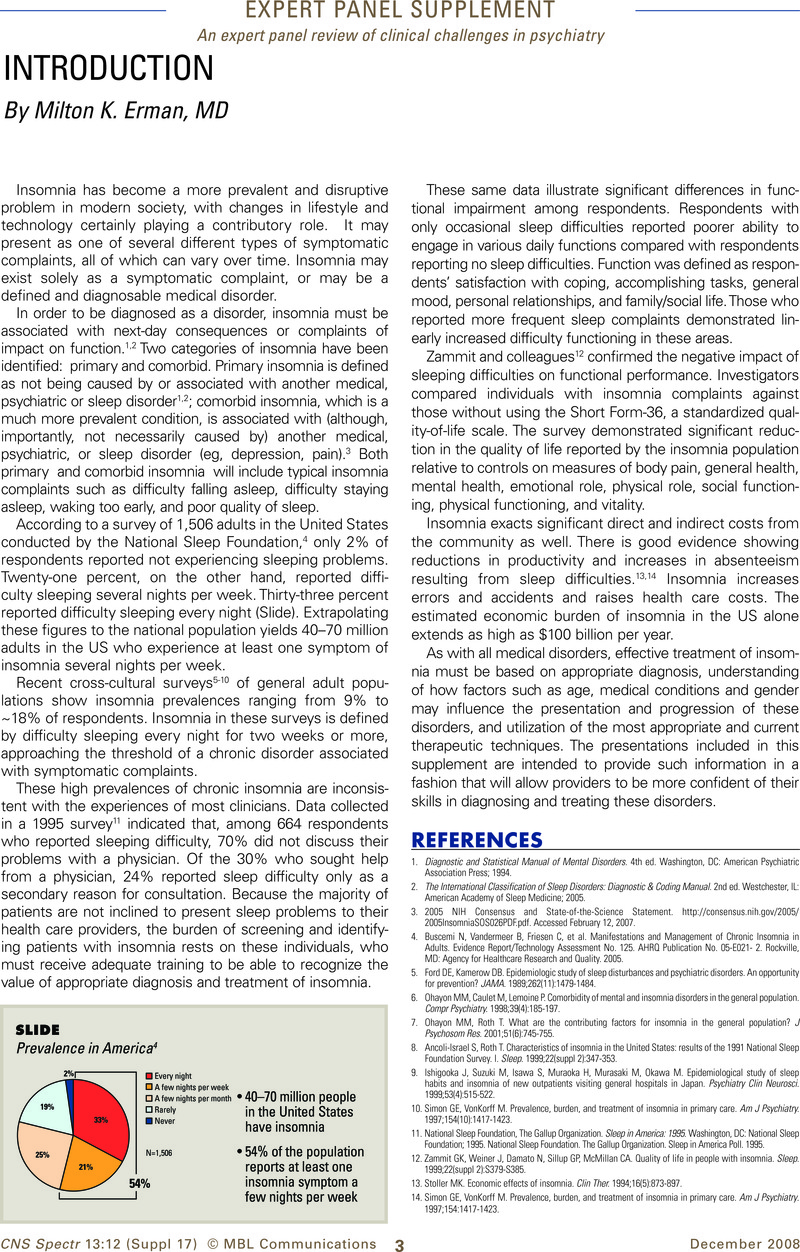Crossref Citations
This article has been cited by the following publications. This list is generated based on data provided by Crossref.
Cho, Suengmok
and
Kim, Se-Kwon
2012.
Marine Pharmacognosy.
p.
355.



